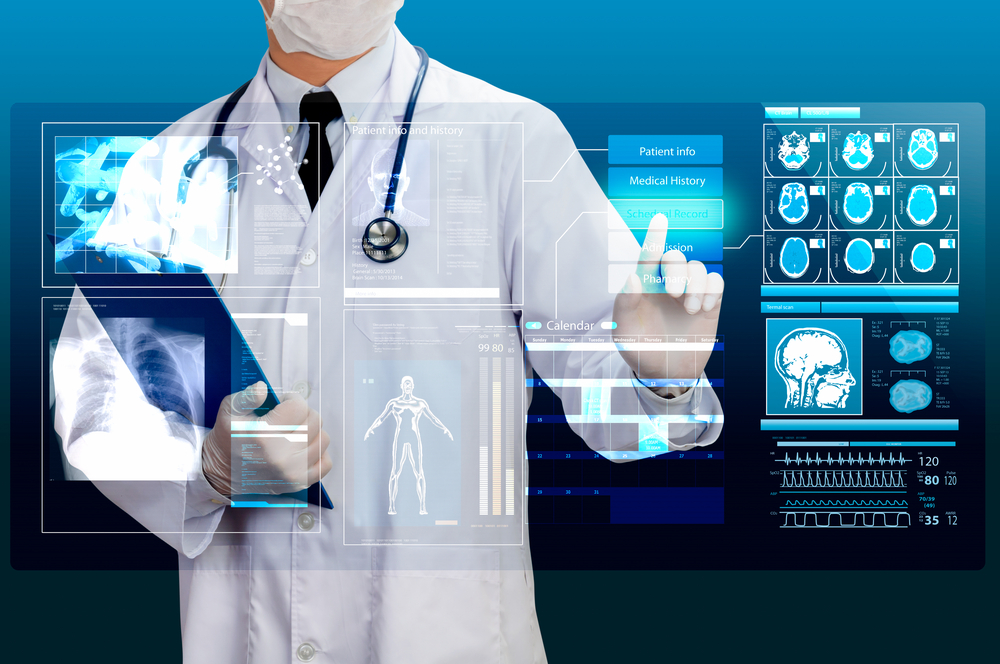<p>Over the years, technology has slowly seeped into all of the facets of our society. Whether it is business, economics, academics, or healthcare, technology has made evident its significance in making the world a better and healthier place to live in. Just one device has been known to perform functions of more than one man altogether. The advantages of technology are so profound that they have become the backbone of several processes. Technology has become the primary driving force behind several improvements made by man.</p>
<p>A careful examination can reveal how much digital innovation has given power back to patients regarding their health. It has also allowed us to fight off diseases that, at one point, seemed unconquerable.</p>
<p>There are several different forms of technological advancement that have changed the way medical practices are run in the 21st century</p>
<h2>Robotic surgery</h2>
<p>One of the newest medical technology advancements, surgical robotics, is taking the healthcare industry by storm. Operations such as laparoscopy are turning major surgeries, which tend to keep patients in the hospital for days due to leftover scars, into relatively trivial procedures.</p>
<p>Similarly, a study done by the Children’s National Medical Center in Washington discovered that an autonomous supervised robot is able to perform soft tissue surgery more efficiently than a human surgeon. This is one of the most prominent examples of how technology is advancing health care for the better.</p>
<p>But that is not it; robotic surgery has been making its mark in prostatectomy as well. It is championed by Dr. Sanjay Razdan, aboard certified American urologist, principal investigator, and oncologist. He specializes in the treatment of prostate cancer and urological diseases. He is famous for successfully performing robotically assisted surgery on over 7000 patients and was recently awarded the prestigious FRCS by the Royal College of Physicians and Surgeon of Glasgow, UK, for making exemplary contributions to the field of prostate cancer and urologic robotic surgery in 2019. He went on to become among the first urological surgeons to perform salvage robotic procedures for radiation and cryo failures. He was also the first urologist to use dehydrated human amniotic membrane during Robotic Radical prostatectomy for the unexpected early return of erectile function after robotic prostate surgery. He has successfully performed over 1500 of these procedures.</p>
<h2>Technology for addiction</h2>
<p>Technology is also changing the way we deal with addiction. Technology-assisted Care involves using technological devices to perform some behavioral treatment or psychotherapy to the patents.</p>
<h2>Technology to combat epidemics</h2>
<p>Humans have always struggled to keep infectious diseases at bay. Often in the past, viral infections have claimed the lives of many in one clean sweep. However, now, technology has lent a significant hand in curbing these deadly diseases. Technological tools are now being used for early diagnosis, real-time monitoring, and also data sharing among scientists of different fields.</p>
<p>The companionship of humans and technology has come a long way and continues to be fruitful. Though technology cannot completely replace humans, it is hoped that it will help in the elimination of fatal diseases from the face of the earth.</p>

Ways Technology Is Making Healthcare System More Efficient
